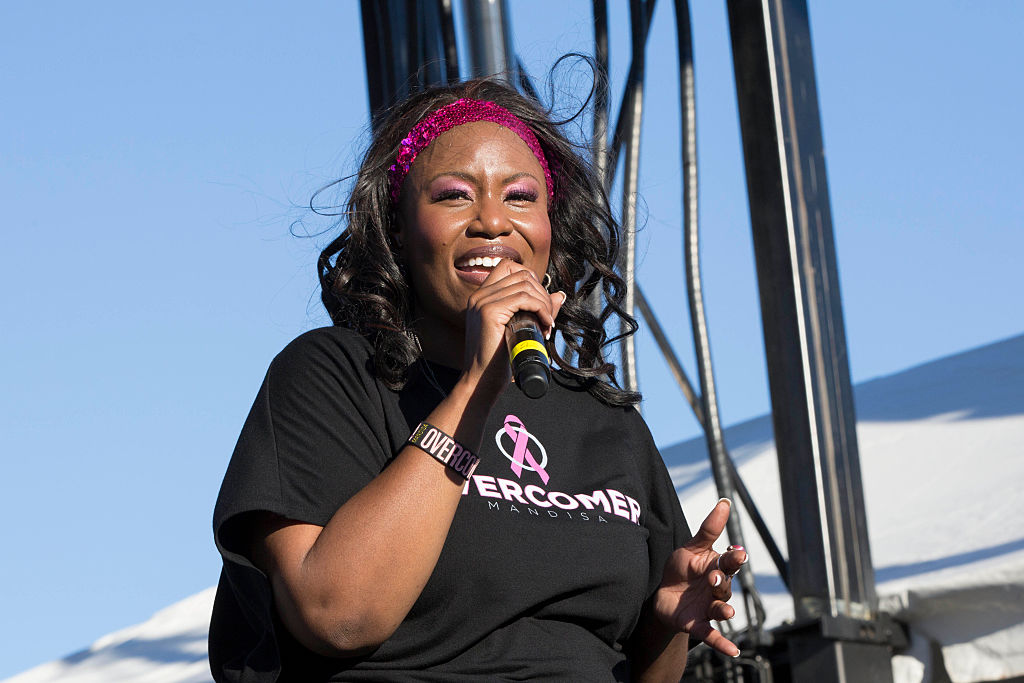SAN FRANCISCO (AP) — Scott Peterson on Thursday filed the automatic appeal of his 2004 death sentence to the California Supreme Court, maintaining as he always has that he had nothing to do with the murders of his wife Laci and unborn son Conner.
Peterson's attorney, noted death penalty lawyer Cliff Gardner, filed the 423-page document eight years after a San Mateo County jury found the former fertilizer salesman guilty of suffocating Laci and dumping her in the San Francisco Bay on Christmas Eve 2002.
Peterson has always maintained his innocence and his appeal to the Supreme Court is no different. Gardner claims that the overwhelming publicity Peterson's trial received, incorrect evidentiary rulings and other mistakes deprived him of a fair trial. Peterson was convicted in 2004 after a trial that his attorney argues surpassed the O.J. Simpson murder trial in terms of publicity.
Peterson claims that Laci was killed sometime after he left their Modesto home the morning of Dec. 24, 2002 to go fishing in the San Francisco Bay. Gardner notes that Peterson was convicted and sentenced to death even though investigators never directly proving "how, where or when" the murder occurred.
Prosecutors told the jury that Laci was killed sometime between the night of Dec. 23, 2002 and the morning of Dec. 24, 2002. They believed Laci was suffocated in her home, but Gardner argues that there was little direct evidence collected at the house to support that theory.
Gardner argues that the intense publicity the case generated almost from the moment Laci disappeared deprived Peterson of a fair trial. The trial was ordered moved from Stanislaus County of the Petersons' home, to San Mateo County. Gardner argued that the trial should have been moved yet again because of the crush of publicity in San Mateo County.
"Before hearing even a single witness, nearly half of all prospective jurors admitted they had already decided Mr. Peterson was guilty of capital murder,' Gardner argues. And in what may be a first for the American system of justice, outside the courthouse in which the parties would try to select a fair jury, a radio station posted a large billboard which had a telephone number for people to call in and vote" whether Peterson was a "man or monster." Peterson was pictured in an orange jailhouse jumpsuit.
"The publicity continued throughout trial," Gardner argued. "A mob estimated at more than 1,000 people gathered at the courthouse to await the guilt phase verdict. After the guilty verdict was announced, the 12 jurors departing to await the beginning of the penalty phase — and decide whether Mr. Peterson would live or die — were met with wild applause and cheering."
Beyond issues with the publicity, Gardner argues the judge made several erroneous evidentiary decisions and other rulings that led to Peterson receiving an unfair trial. Gardner complains the judge automatically excluded prospective jurors who said they opposed the death penalty. Gardner argued that those jurors should have been questioned more about whether they could still decide the case fairly.
Gardner also argues that some of the prosecution's strongest evidence should never have been shown to the jury. For instance, Gardner alleges that the police dog who picked up Laci's scent at the Berkeley Marina "even though the dog had a dismal record of being wrong a remarkable 66 percent of the time."
The thick legal brief delves into numerous other issues alleging incorrect rulings, juror misconduct and other errors.
All death penalty cases are appealed to the California Supreme Court, which is struggling to keep up with the pace of cases. There are 725 inmates on Death Row and no prisoner has been executed in California since January 2006. Lawsuits in federal and state courts have temporarily halted executions.
The appeal is expected to take months, if not years, to be resolved.
















